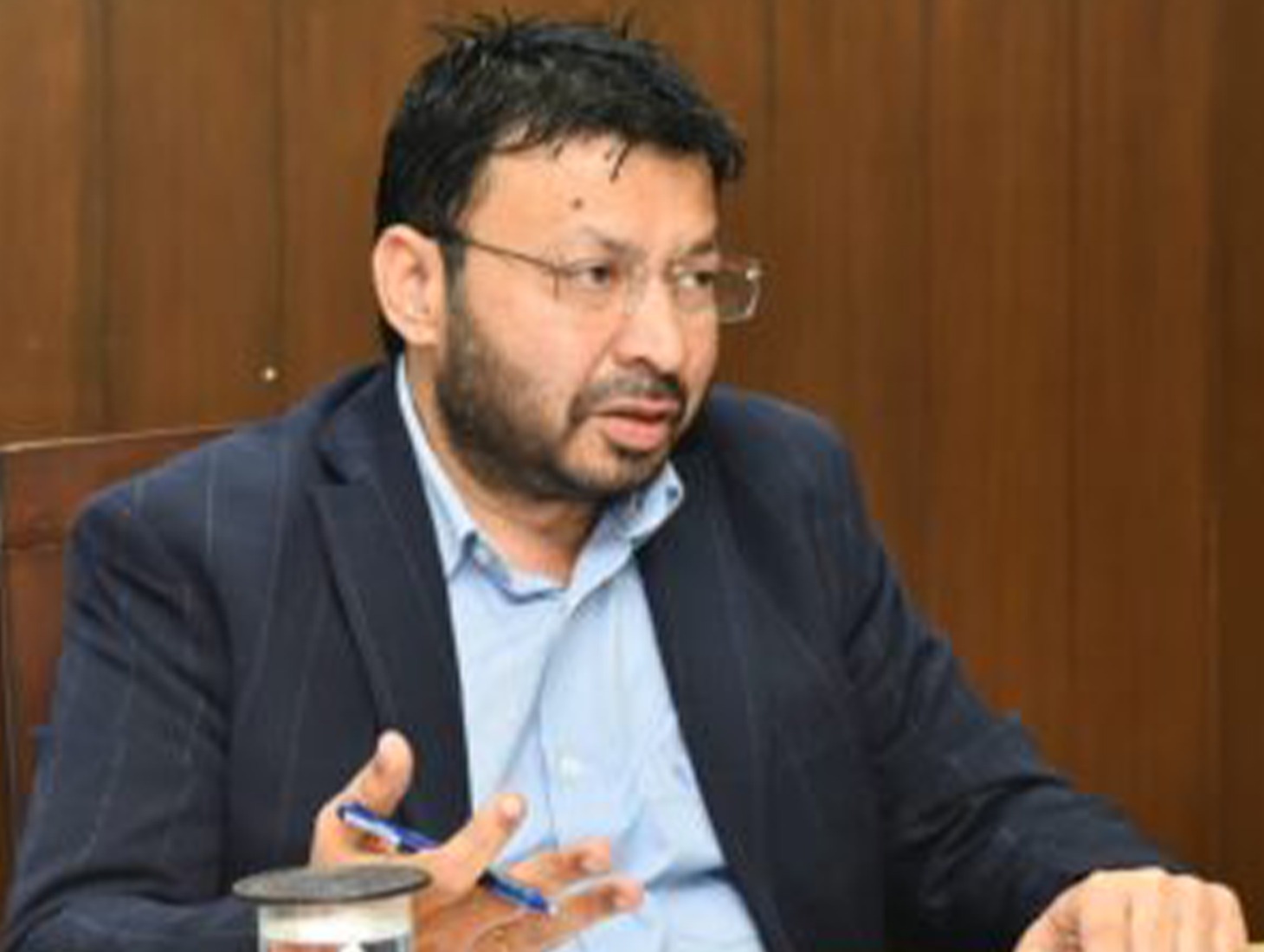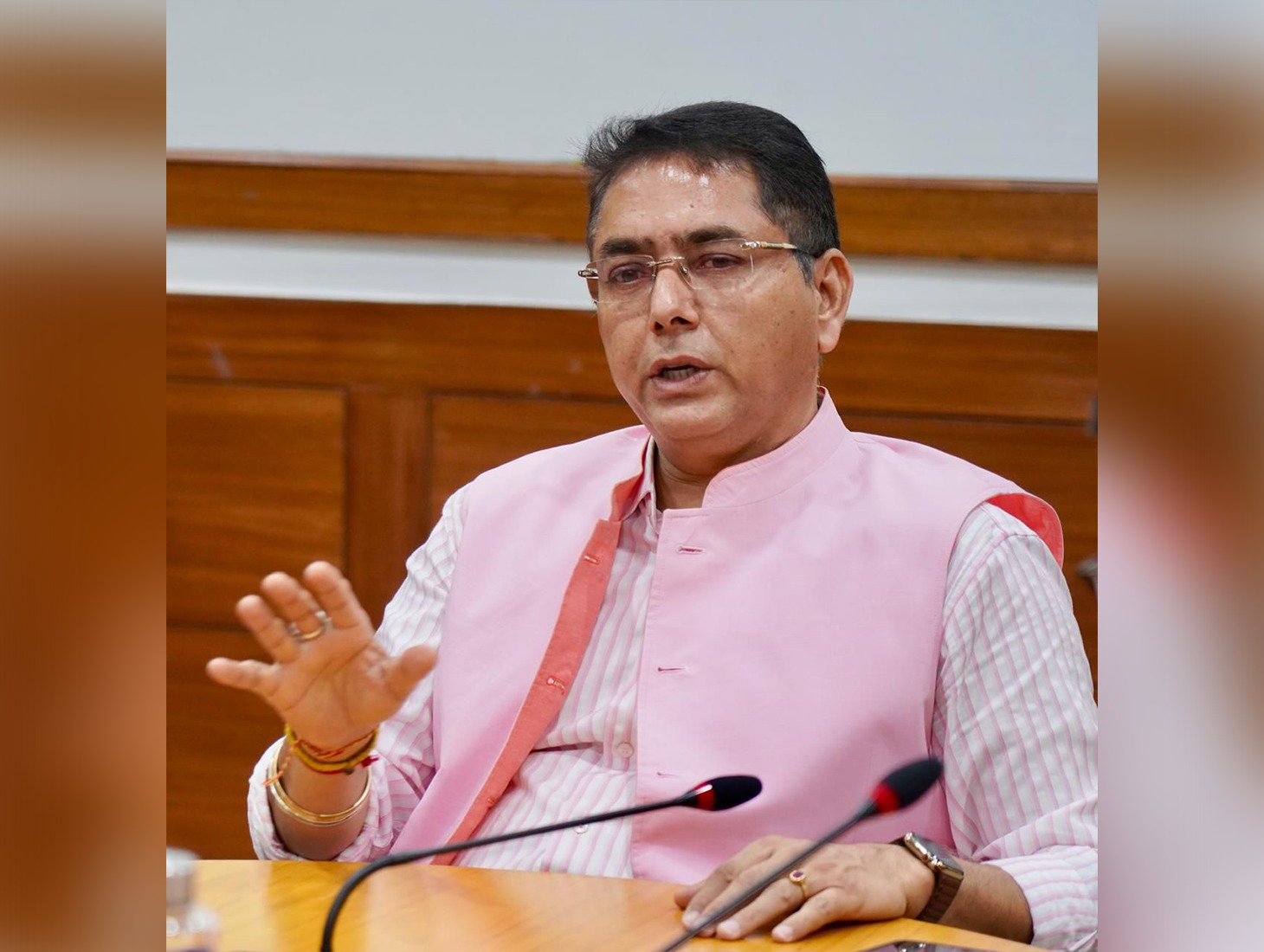The North News
Patiala, May 28
Punjab Chief Minister Bhagwant Mann has dismissed allegations of forced land acquisition, asserting that the state’s land pooling policy is built on voluntary participation, transparency, and the welfare of farmers. Speaking at the ‘AAP Sarkar, Aapke Dwaar’ outreach programme in Patiala, Mann said the policy was designed to ensure sustainable urban development by including landowners in the planning process.
“Let me be clear—we are not taking land without consent,” said Mann. “We are here to seek advice, not to impose decisions.”
The land pooling policy offers landowners developed plots in return for contributing land. For every acre pooled, contributors receive a 1,000 square yard residential plot and 200 square yards of commercial space—assets the government claims will triple or quadruple in value post-development. Development costs are fully covered by the state, he said.
Mann cited past administrations for enabling illegal colonies, accusing leaders like Sukhbir Badal of benefiting a select few while denying farmers basic amenities. “Earlier, leaders approved plans behind closed doors. Now, it’s an open process,” Mann said.
The Chief Minister also targeted Akali Dal MLA Manpreet Ayali, alleging he opposed the land pooling initiative to protect personal real estate interests. “These people aren’t defending farmers—they’re defending profits,” he said.
The government plans to redevelop unapproved colonies and extend urban amenities like sewage, clean water, and parks to villages. Mann reiterated that all agreements would be made directly with landowners, promising safeguards against exploitation.
“This is not just about infrastructure. It’s about dignity for every rural citizen,” he added.
The state’s policy has faced resistance from opposition parties, who claim the programme may displace farmers and facilitate land grabs. However, Mann maintained these fears are politically motivated. “They fear accountability,” he said.
The land pooling model, widely used in other Indian states like Gujarat and Maharashtra, has been promoted as a way to balance growth with fairness to original landowners.
















